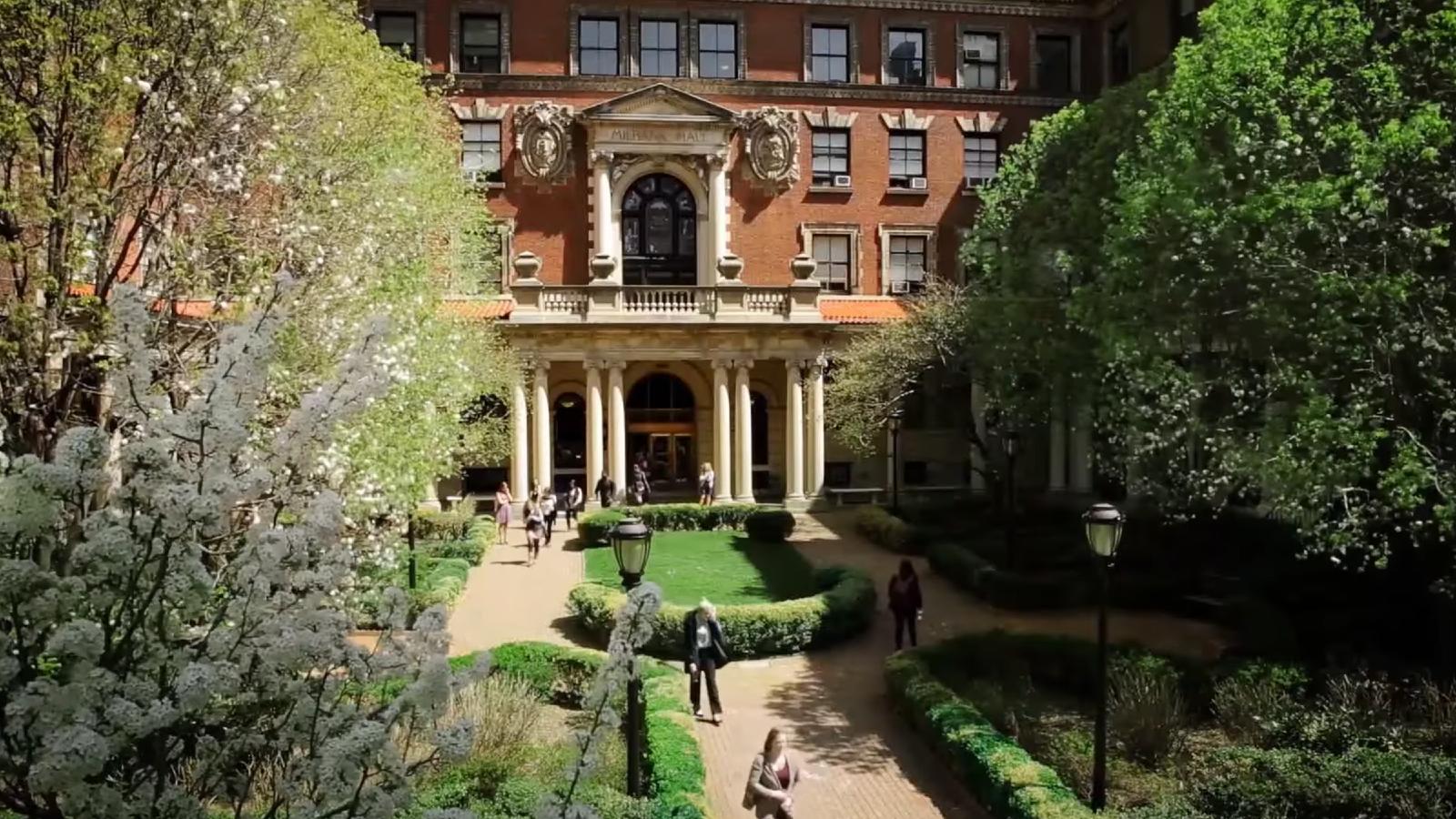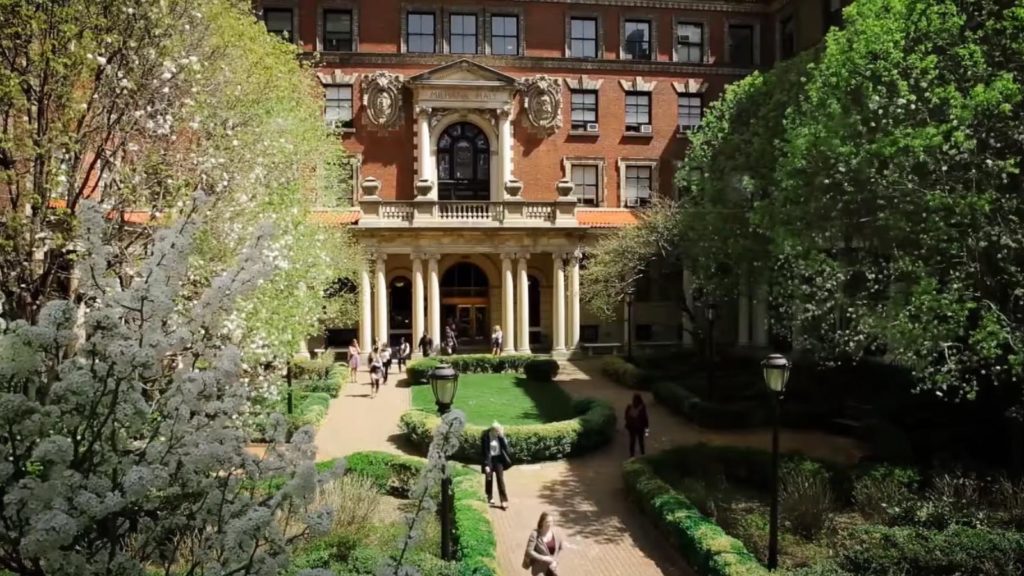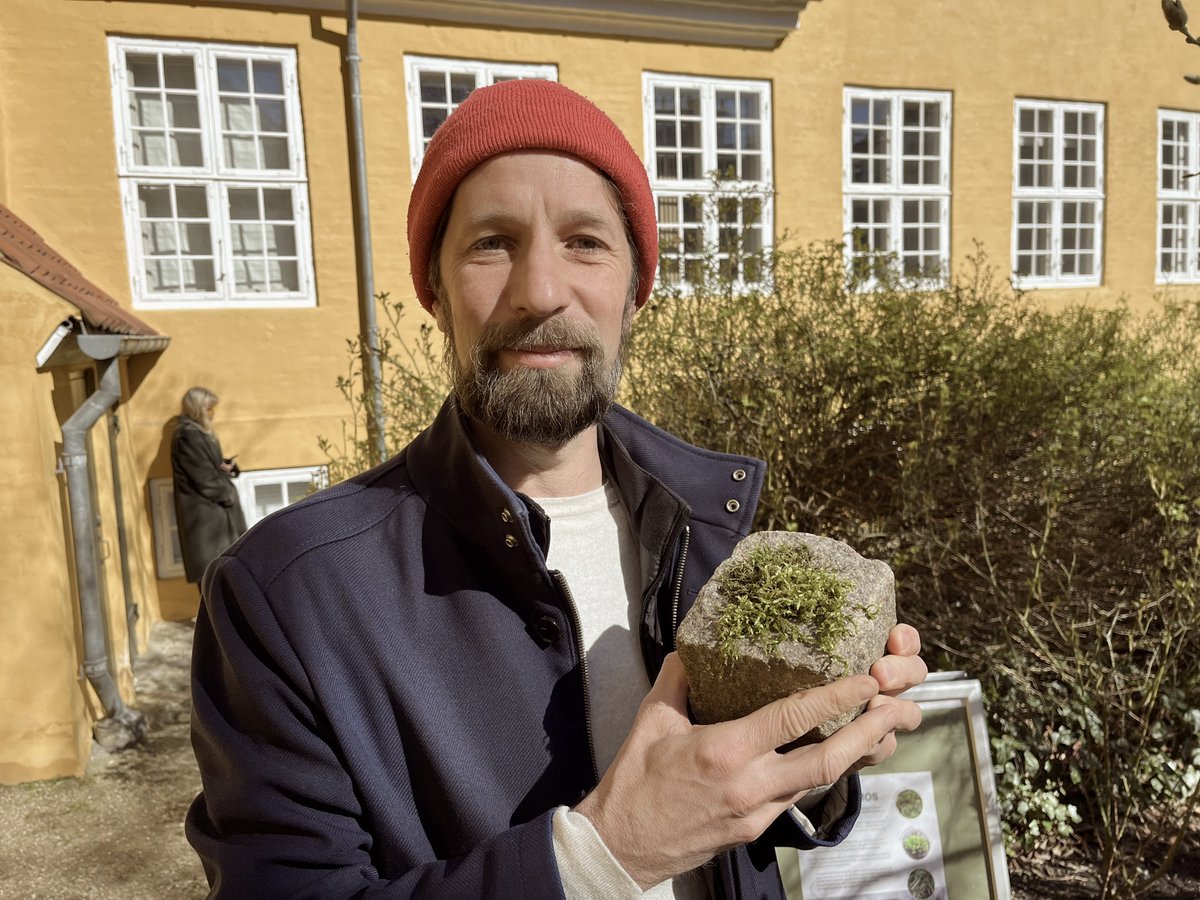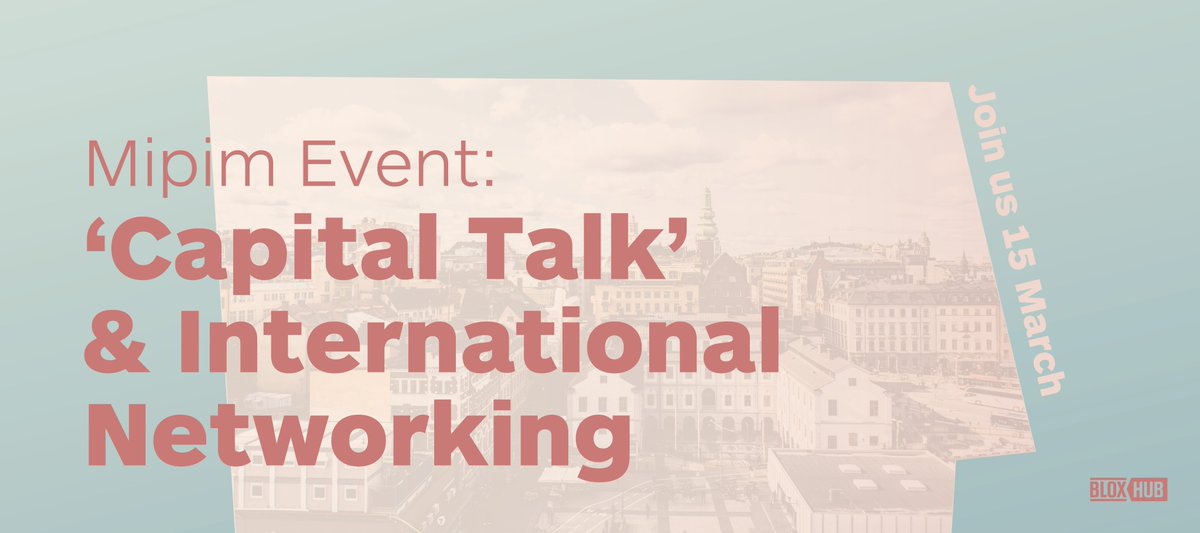WHO
WHEN
2021 –
WHAT
WHY
THE STORY:
Why is circularity key to developing the university campus of the future? And how to develop initiatives and strategies with maximum impact?
In January 2021, Barnard College was announced as the winner of The Build Back Circular New York Call initiated by Danish Cleantech Hub New York in collaboration with BLOXHUB, Urban Partnerships.
We are thrilled to partner with BLOXHUB to develop a holistic framework that reduces emissions and enhances the student experience.
Sandra Goldmark, Director, Campus Sustainability and Climate Action, Barnard College
Through an innovative co-creation partnership, Barnard College and Urban Partnerships will rethink campus living and operations, thus laying the foundation of how to build the first Circular Campus in the US. A holistic framework based on circular economy principles will be designed to explore circularity within waste, procurement, green spaces, design and construction.
A best practice model
The first phase of the ideation process will be a deep dive into exploring and understanding what it truly means for Barnard College to the nations (US’s) first circular college.
In the second phase Barnard and Urban Partnerships will identify the critical components, within the Barnard College span of duties, in fulfilling its vision of a circular campus. This will be done based on a triple bottom line analysis: Environmental, social and economic perspectives.
The intention is to identify a Circular Campus model that can become a best practice within higher education and can be applied to other schools and campuses.








